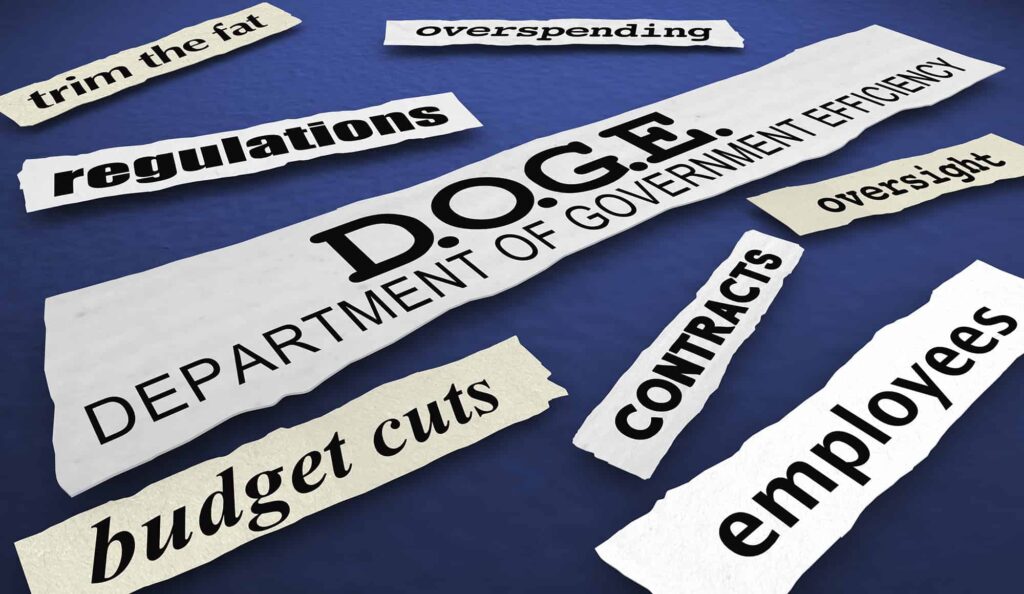One of the most closely watched projects undertaken by Donald Trump since his return to the White House is undoubtedly DOGE, the Department of Government Effectiveness (DOGE).
The new body will be headed by two of Trump’s closest allies – multi-billionaire Elon Musk and Vivek Ramaswamy, an entrepreneur turned politician and former presidential candidate.
DOGE is an advisory group, not a federal department. Musk and Ramaswamy work “pro bono” as external private experts. They aim to cut all “unnecessary costs and regulations”, leading to more streamlined and efficient management.
They promise to restructure some key federal agencies or even eliminate them entirely.
Ramaswamy promises to shut down the Federal Bureau of Investigation, the Internal Revenue Service and the US Department of Education.
Musk is trying to eliminate the entire bureaucracy and is promising overall cuts of about $2 trillion, about a third of the federal government’s annual budget.
For the first time imagining what would happen once DOGE went live, the ruling duo stalled a bipartisan spending bill in Congress last month by taking to social media, urging taxpayers to help “stop the steal” and threatening lawmakers with major issues. if they voted for it.
However, from a legal perspective, there could be serious obstacles on the horizon. “Despite its formal name, the Department of Government Effectiveness will be purely advisory in nature,” said Caleb Burns, an attorney at Wiley Rein. “Whether he can act privately and to what extent the president can implement DOGE recommendations is not entirely clear from a legal perspective and may have to be decided by the courts. The president cannot simply wipe the rules off the books,” he adds, “but must comply with the Administrative Procedure Act, which requires agencies to take certain deliberative actions that are often grounds for legal challenges.”
Mixed expectations surround DOGE’s ability to address government inefficiency. Resistance from entrenched corporate lobbies and the financial implications of drastic cuts in government aid to constituents will pose significant challenges.


